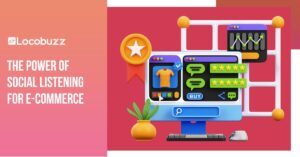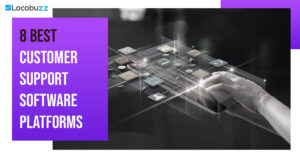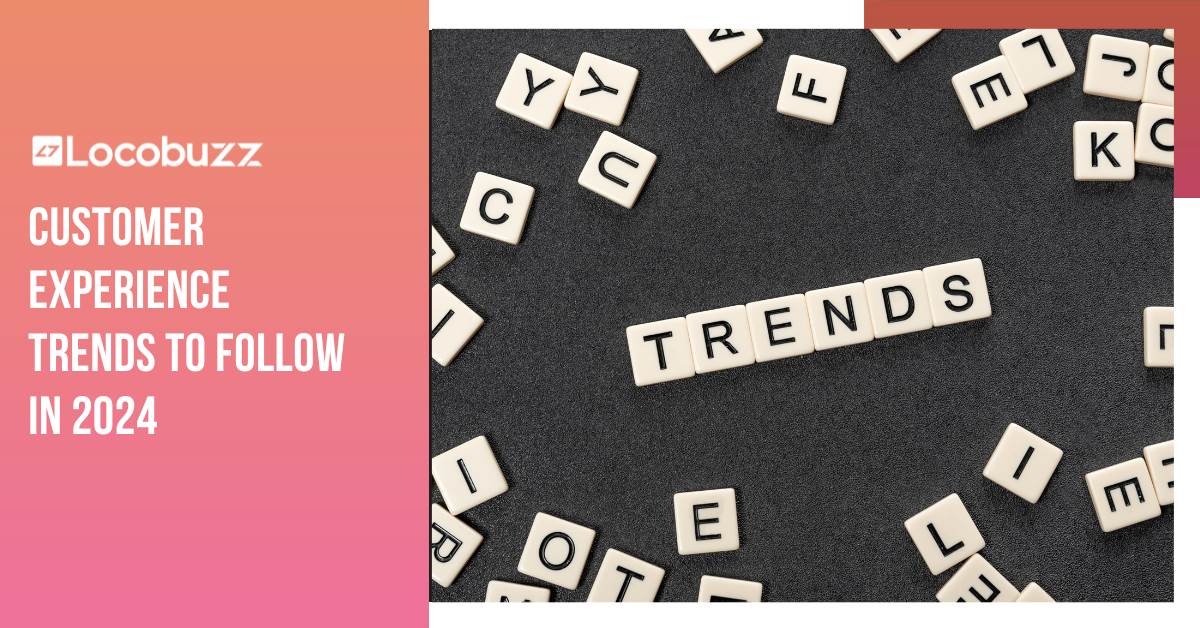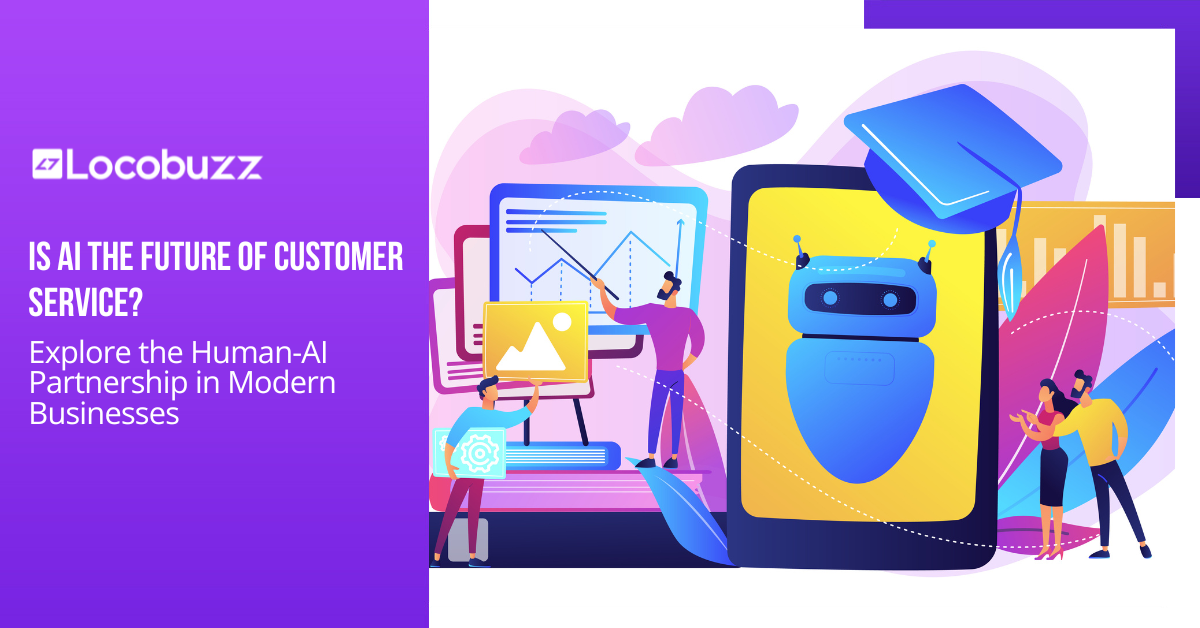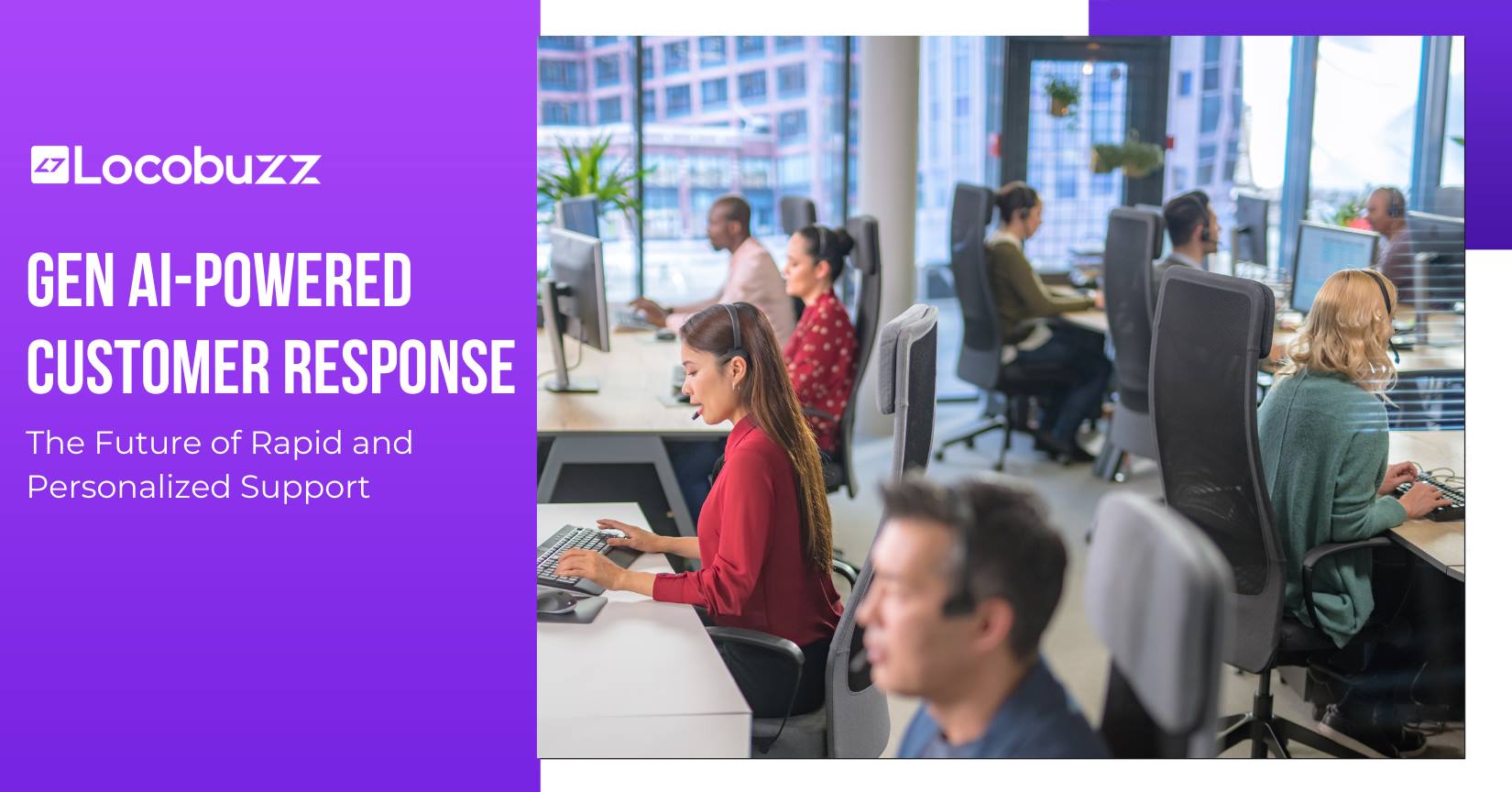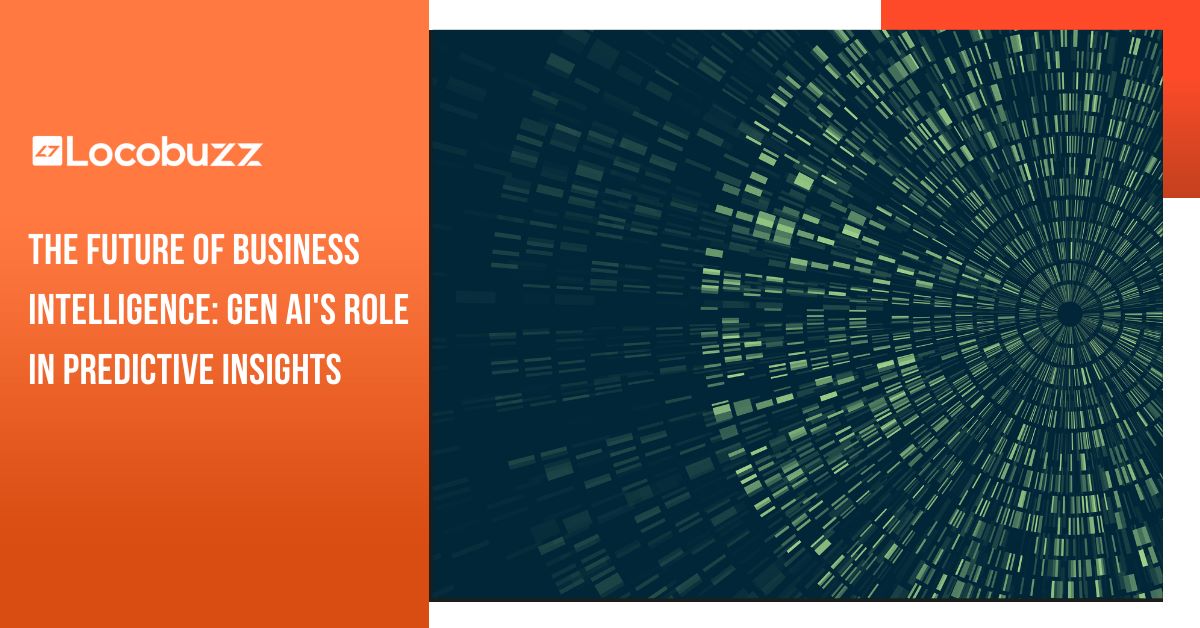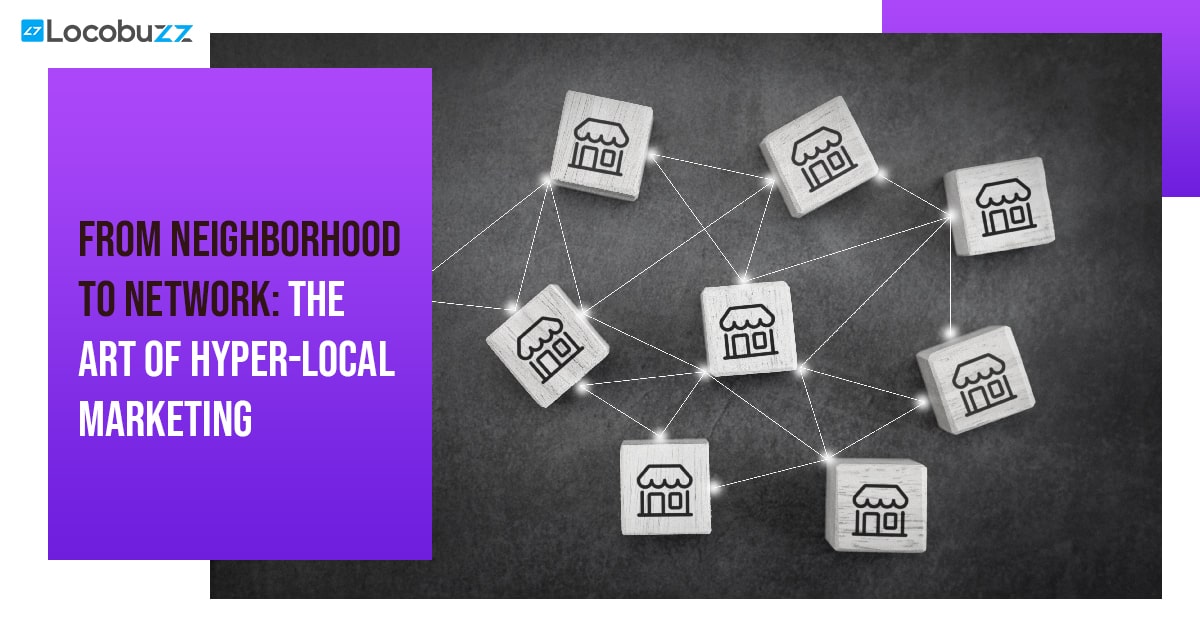How to Choose Right CRM Software
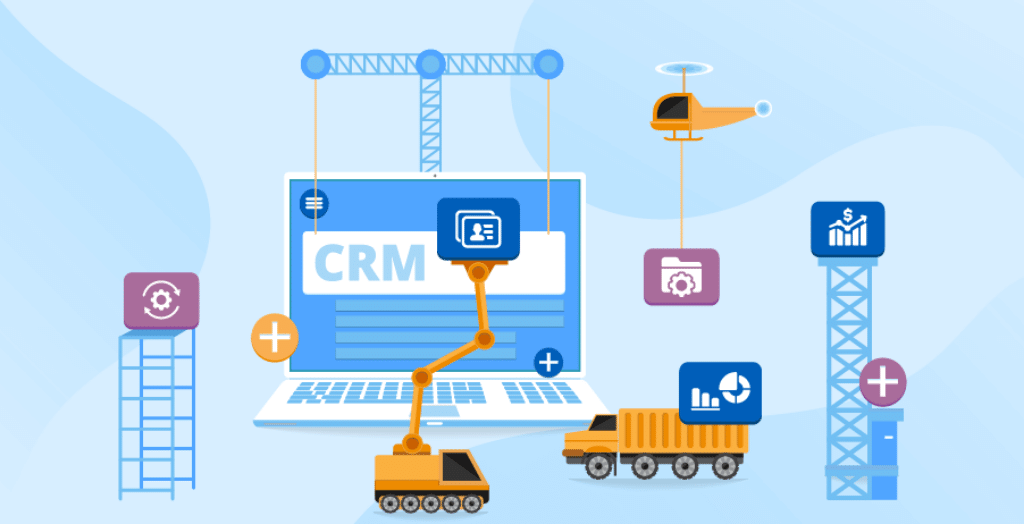
Customer relationship management (CRM) software is used to store and manage collected customer data. It centralizes all the data to enable companies to innovate, expand, and organize the system of stimulating their relationship with their existing loyal customers and prospects.
This data includes all the information relevant to the customer interaction such as contact details, buying behaviour, order history, customer service issues, Social media enquiries, sales opportunities, marketing campaigns, etc. As per the study by Gartner, it is estimated that by 2025, the value of CRM will continue to grow.
However, all CRM programs and services are created differently according to how your company operates. Choosing the one suitable for your business needs can be a bit tricky.
Table of Contents
How to choose the right CRM system for your business?
Understand different types of CRM software-
Operational CRM
- Marketing automation for promoting your products and services with effective marketing campaigns, channels and accurate processes to reach potential customers.
- Sales automation for helping the company reach customer needs and improve sales with the help of CRM sales modules like lead management, contact data management, Quote-to-Order management, and sales forecasting.
- Service automation for providing favourable quality experience, facilitating customer loyalty, customer service, customer call management, and customer label management.
Operational CRM
- The top management’s decision making process,
- Marketing teams’ understanding of campaign efficiency,
- Sales team to improve sales process and
- Support team to serve customers more efficiently by developing strong customer relationships.
Collaborative
This type of CRM helps in collaborating with the vendors, distributors, technical, customer support, marketing and sales team over shared customer data. A collaborative CRM allows all the departments in the organization to access the information at any given time to that addressing customer’s queries become easier.
Generally, departments work independently in companies; causing loss due miscommunication and less flow of data among the teams. With a collaborative CRM application, data all teams unite to aim only one goal – use the database for providing overall improved customer experience, gain customer loyalty and acquisition to boost sales.
Identify your business goals and requirements.
Before implementing any strategy or application, companies must identify the problems and then determine the solution. So, identify your goal, Be it tracking leads, customer base, sales opportunities, or managing customer relationships, generating customized reports to enhance overall productivity and profitability. Your business requirements and needs usually stem from issues you’re facing, which may include the following:-
- Unable to find and manage customer data
- Poor customer interaction
- Higher churn rate
- Lengthy sales process
- Difficulty in managing schedules and reports
- Poor visibility in the department’s performance.
Look for the CRM software features
Now that you know three main types of CRM, there are certain attributes that it must include to improve your main business functionality, team collaboration features, personalised services, maintaining data security, mobility, help desk and support.
However, depending on your budget, requirements and plans, there are several tools vendors offer especially, for a cloud-based CRM but it must primarily include tools and capabilities for –
- Managing leads across the entire sales funnel.
- Managing, processing, and centralising databases.
- Providing automated services to streamline lead and sales functions and workflows
- Developing campaigns and gauging their effectiveness.
- Tracking email for visibility, campaign clicks and opens.
- Gathering analytics and insights from customer interaction on social media.
- Obtain real-time information on the market, current trends and customer behaviour for dashboards and customized reports.
- CRM software versions for web-enabled devices for accessing data.
Know your vendor
The vendor of your software should be reliable and responsible as you’ll be relying on it for your organization’s overall customer experience and operations. The vendors must fill following requirements –
- All-time availability of the customer service and help desk teams via multiple channels and means like tickets, calls, email, social media, live chat, mobile, etc.
- Provide technical training via in-house seminars, webinars, or online courses.
- Offer resources, insightful articles guides, tutorials, and information-based documents on its products and services
- Flexible enough to handle your business process, adaptive to changes according to the growth of the business.
In addition, it should also offer tools that enhance the functionality of a CRM system for brand reputation management such as social listening tools, chatbots, social media management, etc.
Locobuzz is such a company that offers Social Digital Command Centers that display real-time data and analysis through dynamic visualizations, which can be used to monitor even in crises, Provides sentiment research, data analysis, conversation chatbots, etc; giving a holistic view of the customers.
Test your software.
Conclusion:
In this digital age, data has become quite substantial in the pursuit of developing your business. Irrespective of the size, every companies tries to maximise the use of all the information they obtain about their customers. A powerful CRM software enables the companies to streamline that process and achieve the goal of improving customer service experience and increased revenue growth.



